A long time ago, in an internet age far, far away… well, 2016 to be exact, The Good Alliance was formed. But we weren’t the Good Alliance as you know it. No, we did things a little differently back then.
For starters, we initially targeted what we called ‘Socially Motivated Entrepreneurs’, and if we’re honest, we didn’t even know who these businesses were or what they looked like. We were a little green around the gills back then, and we figured we’d recognise them when we saw them.
Niching down wasn’t even on our radar and, over the years, we honed our skills and categorised our target audience into three groups:
- Charities
- Social Businesses
- Solopreneurs
And, to blow our own trumpet a bit, we were pretty damn good at it.
The business grew. We started building our brand through referrals. And because everyone knows one of the best ways to get repeat work is through glowing references, we were sure we were onto a winner.
However, have you ever tried marketing to a diverse range of audiences?
It’s not easy, and something had to change.
Why we had to change.
Every time we worked with a new client, we’d have to reinvent the wheel every time. And although working with different customers in different fields was exciting and fun, it also took a vast amount of energy and brainpower to serve every client and type fully.
It also meant we weren’t solidifying our skills or experience in any given area, so it made it difficult to run the business at a profit.
So, we sat down, talked it through as a team and came to the realisation we could make a significant impact and reach more businesses if we got our act together and actually started to market ourselves.
That’s right, we were telling others the best way to market their business is to be super-specific about whom they’re selling to, but we weren’t actually doing it ourselves. Yes, we wanted to serve all types of businesses and industries in the long run, but in the short-term, we needed to niche down.
By concentrating on one specific customer type, we could work on becoming awesome at serving them. In turn, this would allow us to build and create processes and systems that’d help us to improve our expertise in that area and make us a trusted voice of authority for struggling businesses in that field.
So, to put that right, we reviewed our audience types and assessed them by:
- Impact
- Profitability
- Scalability
- Enjoyment
And, unsurprisingly to us, it was our solopreneur clients who came out on top or to be more specific: Coaches.
Why coaches came out top.
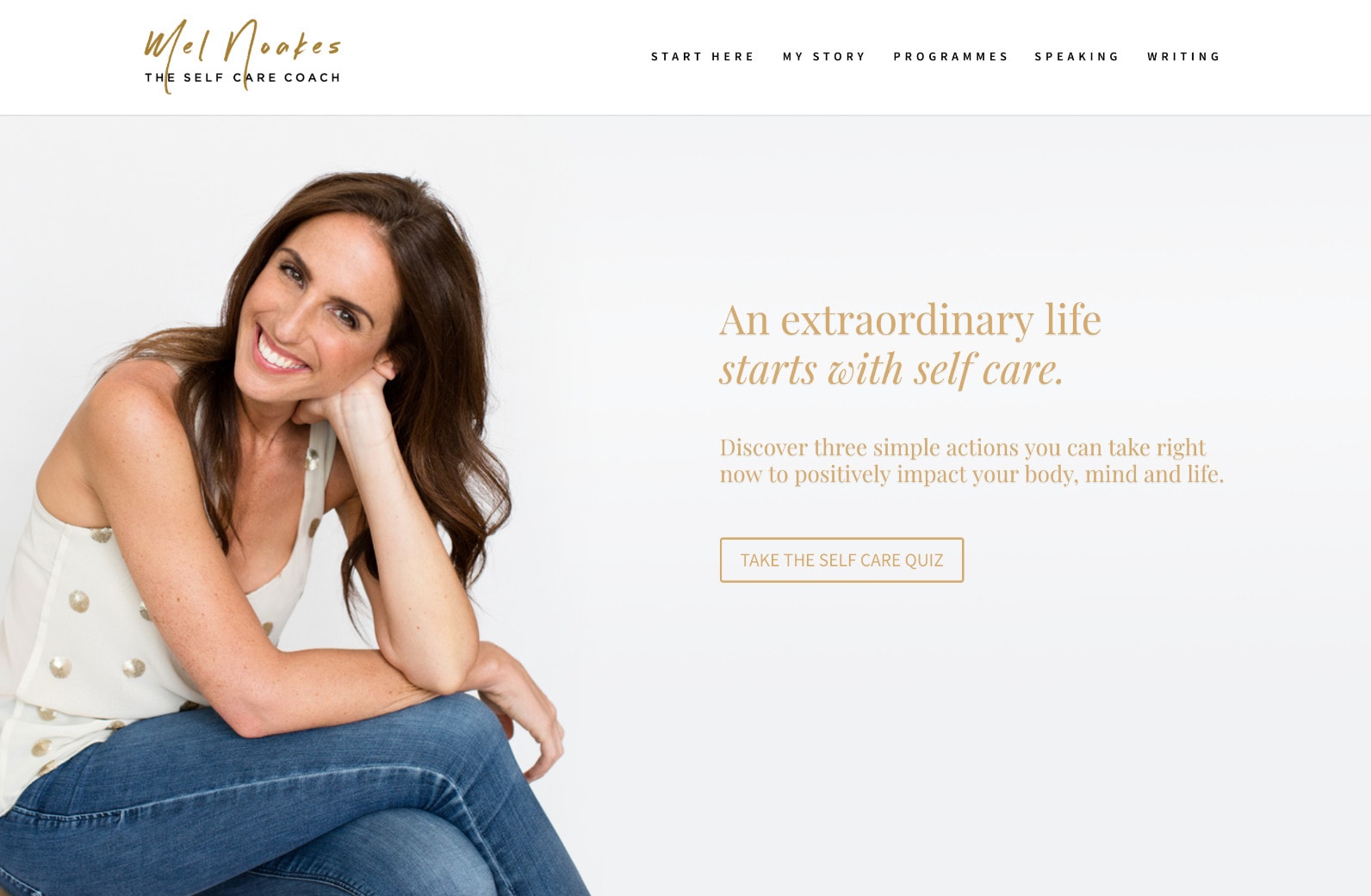
Mel Noakes – The Self Care Coach
We had to make a decision whether we wanted to make a small impact for businesses with a wider reach, like our charity clients. Or whether we wanted to make a massive impact for our coaches, whose audience, although fewer and localised, would gain huge benefits from our knowledge and expertise.
In the end, it just made sense to concentrate on where we could make the biggest difference.
Changes we made to increase website traffic.
At the start of 2019, we made the decision to niche down and, for the next two-years, concentrate on getting results for coaches.
This didn’t mean that we turned away work from other client types. However, by focusing our marketing and product development solely on serving our chosen client base, it would allow our team to focus on building workable processes and systems for our coaching clients, which would help us grow as a business and enable us to expand it to a broader audience.
We changed everything and geared it all towards our coach clients, including:
- Products
- Marketing
- Systems
- Pricing
- Payment options
And we did this because, unlike our charity and social enterprise clients who covered the costs of our services via grants and loans, our coaching clients tended to pay for them out of their own income — so we set up payment plans to cut costs or space payments out over the course of lengthier projects.
Also, as coaches are very much ‘hands-on’ in their roles, we knew they’d want to invest their own time and energy into refreshing their brand, so we designed three programs, Brand Incubator, Brand Builder and Brand Amplifier to help them do just that.
Why we went super-specific in our marketing.
Honestly, marketing to lots of different audiences might give you something new to write every day, but it’s freakin’ exhausting too. And we noticed that although we were creating bucket loads of content, it wasn’t engaging our target customers or having much traction.
Once we focused on creating content geared towards attracting coaches, including:
- Blog posts
- Newsletters
- Social Media
- Opt-ins
- Sales funnels
It became much easier to create content, and we noticed a massive shift in engagement.
We also noticed coaches rarely had a team around them to manage their website when tweaks or updates were needed, so ‘Website Maintenance’ became a bigger focus for us too.
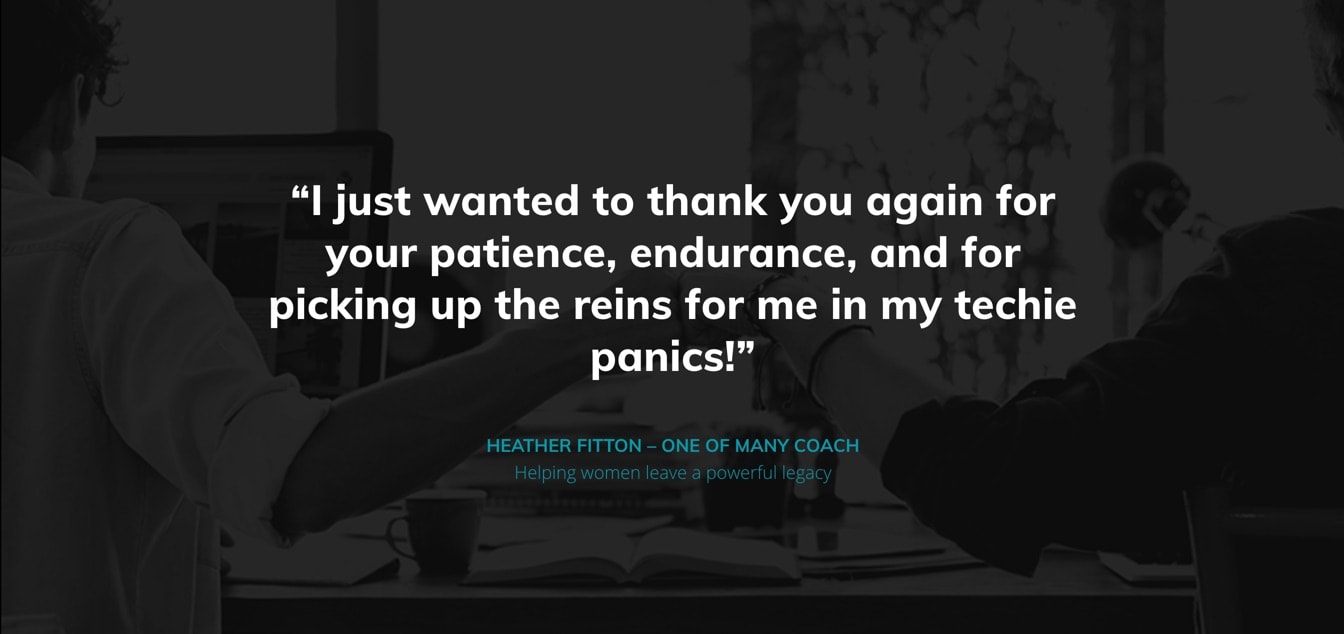
Website maintenance plans are a hit with coaches.
What initial impact did these changes make?
At first, nothing.
Bummer!
And as a creative business owner, it’s hard to not hit the panic button and switch tactics when results within the first six months didn’t change substantially. However, we decided, as a team, to stick to our guns, sit on our twitchy hands and commit to focusing on the two-year timescale.
What were the results after 12-months?
One year after changing tack, I’m delighted to say that niching down has started to pay off in a big way.

Website visitors 2019–2020
The improvements we’ve seen include:
- 20x increase in traffic
- #1 Google ranking for 10 coaching-related keywords
- 3x increase in weekly & monthly enquiries
- From 80% of queries being referrals at the beginning of 2019 to 80% of queries coming from website traffic at the beginning of 2020
By holding firm to our beliefs, we’ve seen a dramatic difference in enquiries, income and repeat work within a year. This has allowed us the opportunity to give back by taking on pro-bono work as well as instilling confidence in our ability to grow and serve new audiences in the future.
We’ve learnt a truckload about coaches too.
Okay, we knew a lot already, but by working with them on an individual basis, building them brands and websites and by conducting thorough research, we improved our knowledge on what works and what doesn’t which enabled us to create services and content that has made a significant impact on the businesses of our coaching clients.
What happened next?
We go so busy (and learnt so much) during our existing two-year ‘focus period’ that the team unanimously agreed to expand it to four.
We have now worked with so many coaches, that we’ve had time to hone our services and our internal delivery processes to the point that we can proudly proclaim ourselves experts at helping coaches build a lovable and impactful online brand. We know we can deliver results for coaches because we’ve done it over and over again.
And potentially the best part for a creative entrepreneur like myself, is that our consistent focus helped us grow The Good Alliance to the point where we were able to start rolling out additional products and services to help more organisations, regardless of whether they’re coaches, charities or social entrepreneurs.
Ready to focus your efforts in order to increase your impact?
Whether you’re looking to rebrand your business or need a helping hand with website maintenance, The Good Alliance is here to help.
If you’re on a tight budget our do-it-yourself resources will help you get started. If you’re ready to invest our done-with-you services will accelerate your progress.
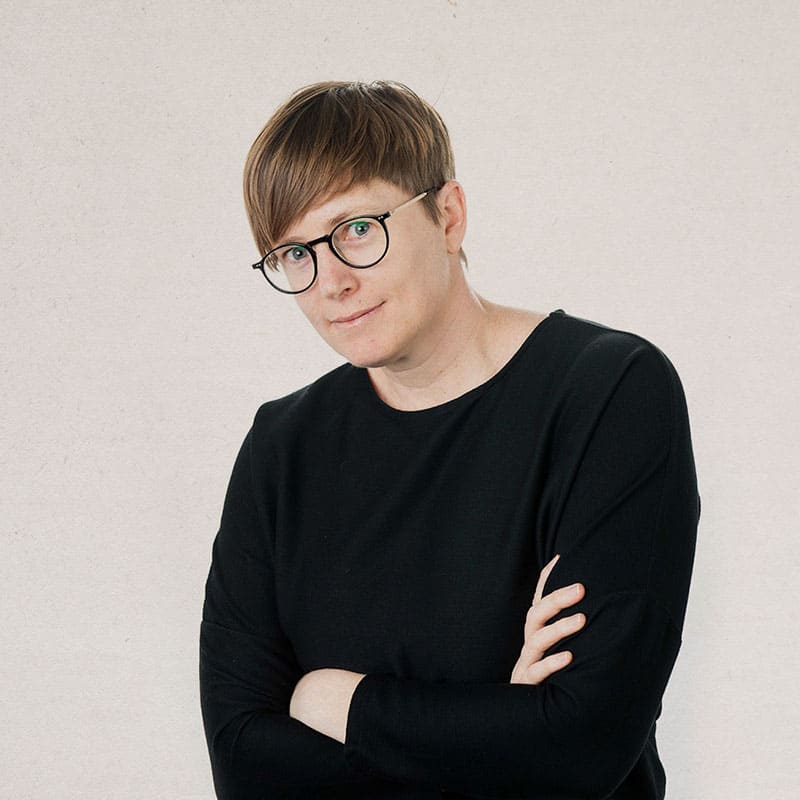
Cat Townsend
Founder of the Good Alliance
After more than a decade spent helping big brands sell more stuff, to people that didn’t need it; Cat set a simple intention: To do more work that made a positive difference in the world. So The Good Alliance was born…




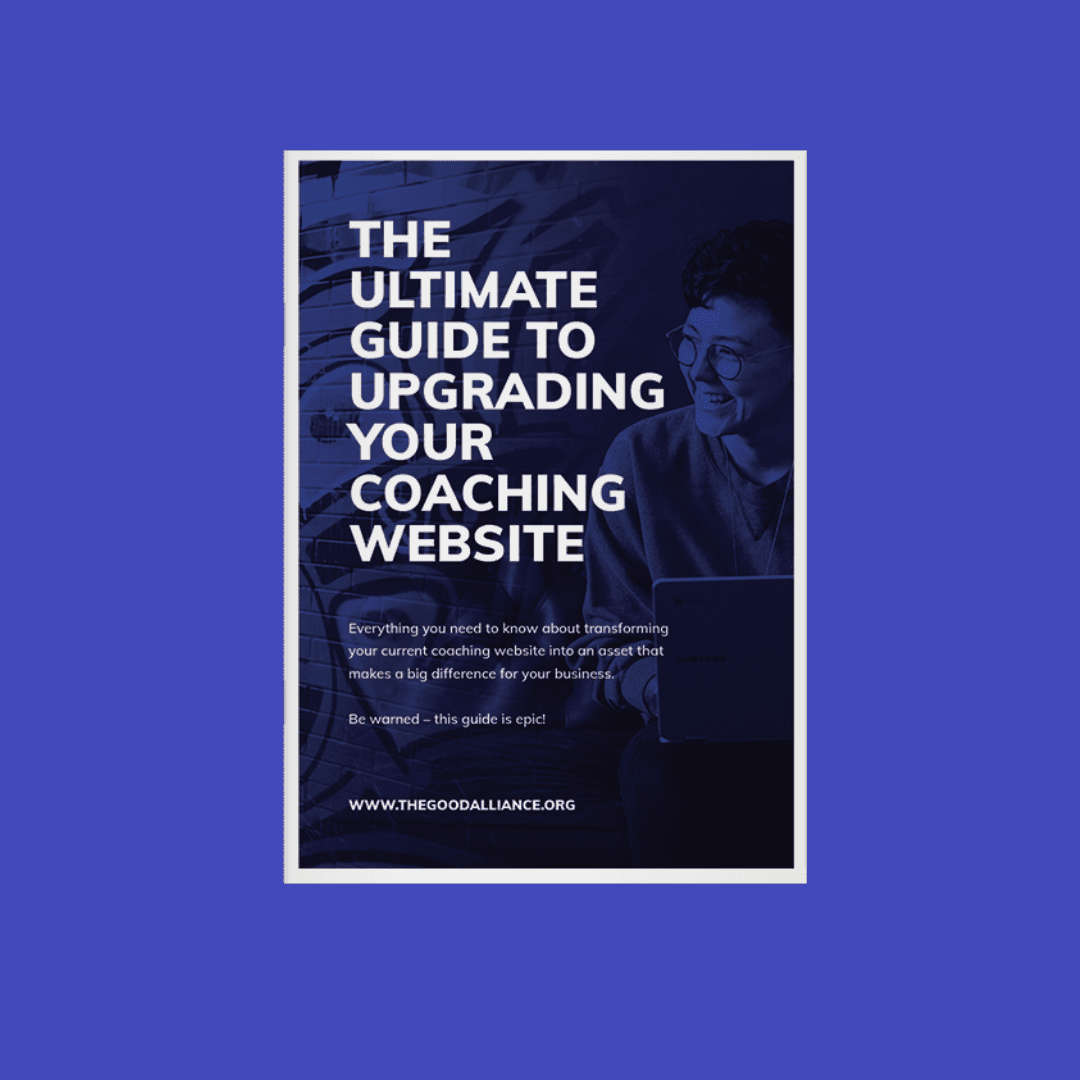
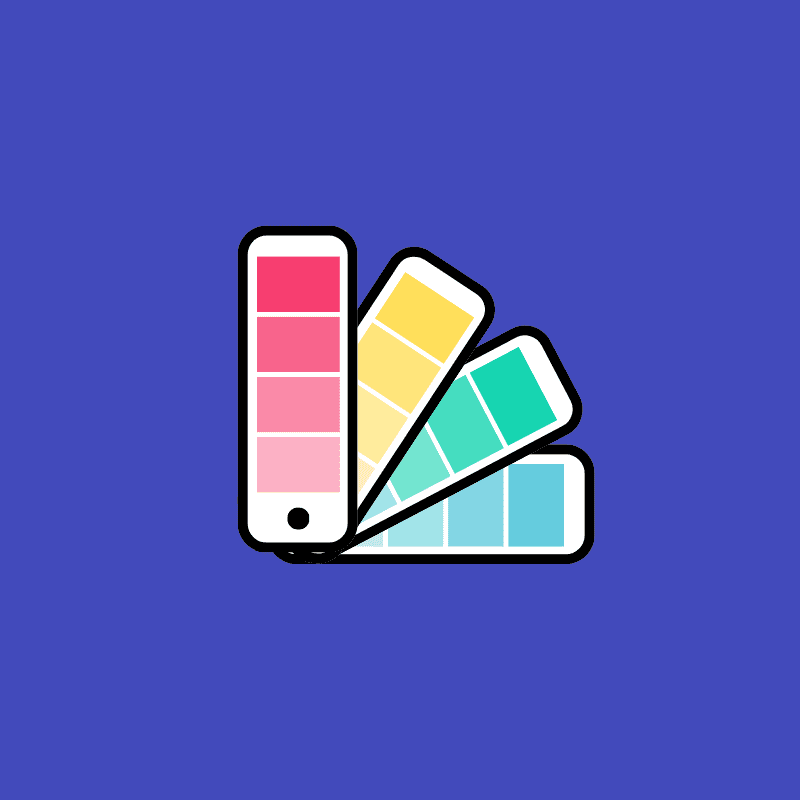
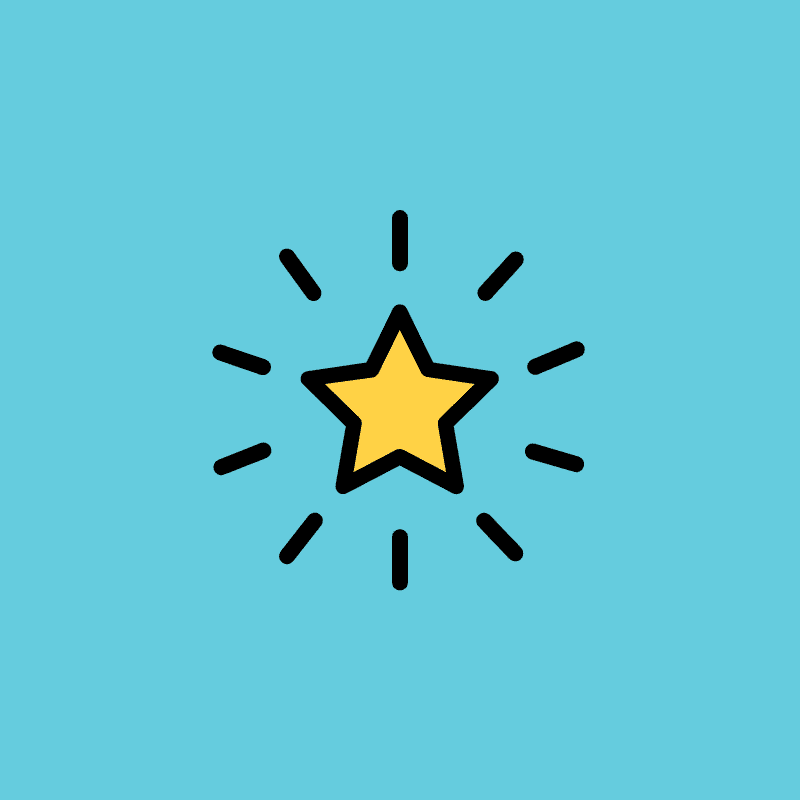



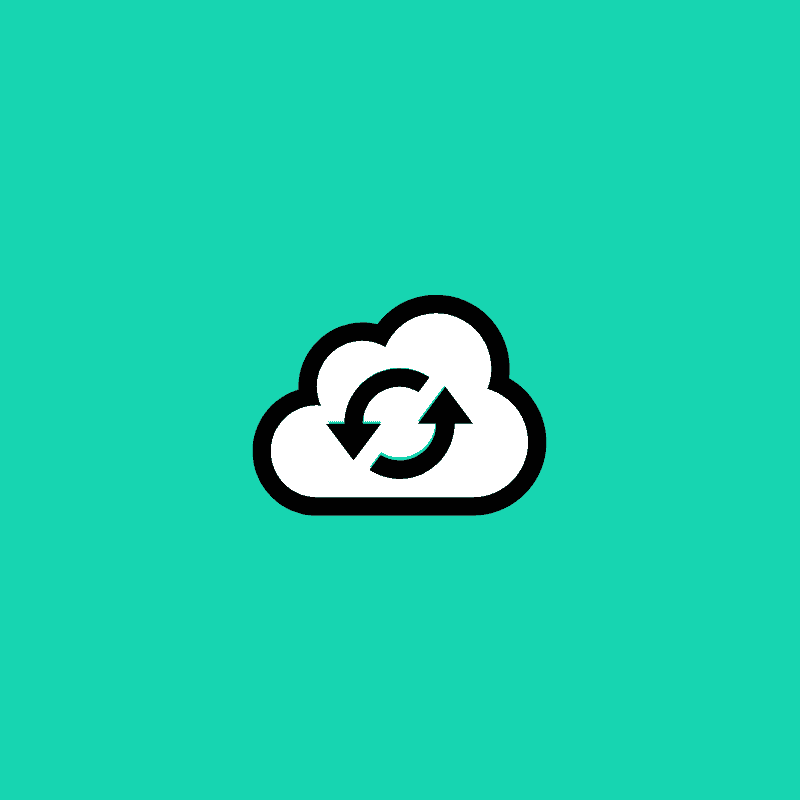

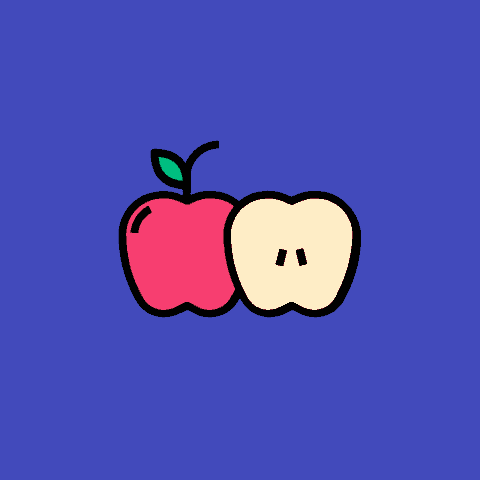

0 Comments